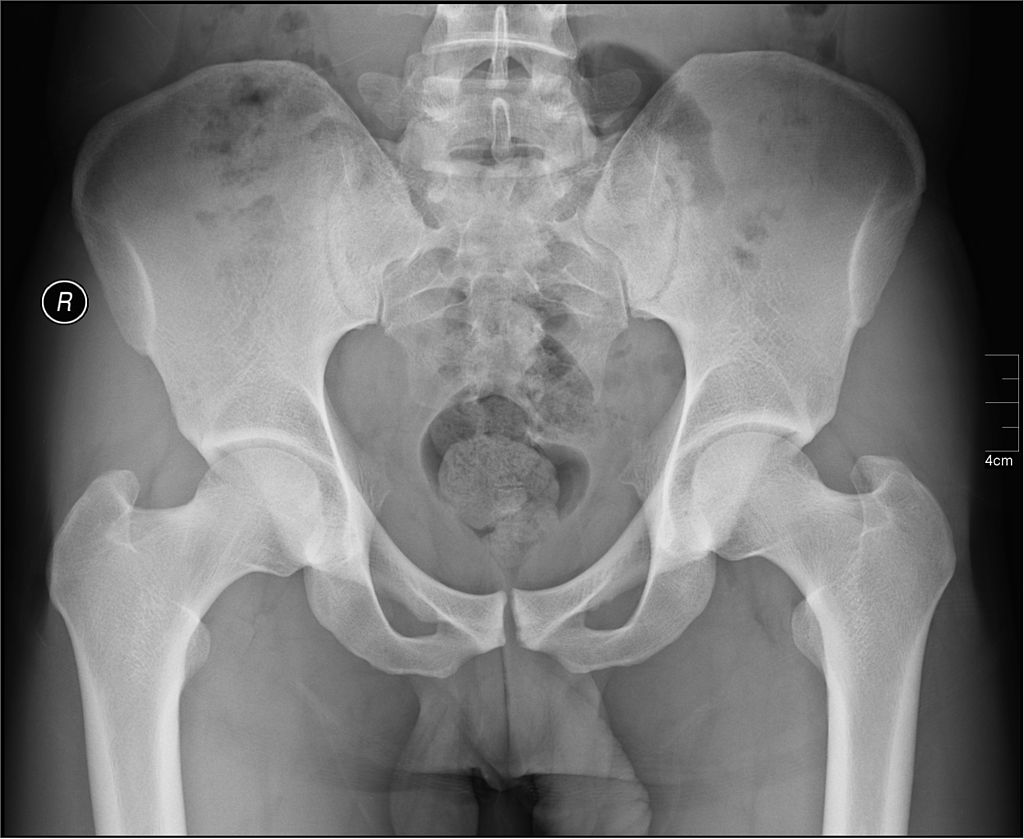Members of FDA’s Pulmonary-Allergy Drugs Advisory Committee (PADAC) may not be convinced by efficacy data for GlaxoSmithKline’s chronic obstructive pulmonary disease (COPD) drug Nucala (mepolizumab), which was submitted by the drugmaker. In a FDA briefing document posted on the regulator’s website, members of FDA’s Center for Drug Evaluation and Research (CDER) division expressed concern about the company’s clinical trial design and lack of statistically significant results in one of the clinical trials performed by GSK, among other issues with Nucala.
“We typically expect results from two adequate and well-controlled clinical trials to provide substantial evidence of efficacy, particularly for a novel indication in which there are sufficient numbers of patients,” said the document. “GSK conducted neither a proof-of-concept study nor a formal dose-ranging study in COPD patients prior to conducting the phase 3 program with mepolizumab; rather, the dose selection (100 mg every 4 weeks [Q4 wks]) relied on information garnered from the severe asthma development program.”
While Nucala is already approved for the treatment of severe asthma, GSK is looking for an additional indication in COPD. The drugmaker is seeking approval of the monoclonal antibody as an add-on treatment to inhaled corticosteroids in the maintenance of COPD.
Nucala is a monoclonal antibody which binds to interleukin-5 (IL5), interfering with its interaction with the IL5 receptor and decreasing the number of mature eosinophils in the body. According to the FDA, while asthma is a disease characterized by higher-than-normal eosinophil counts, the debate over whether eosinophils play a role in the pathology of COPD is still ongoing.
The FDA staff members that prepared the document for review also pointed out that identifying patients that could benefit from treated with Nucala may be difficult, considering the eosinophilic COPD phenotype is not well defined.
“The treatment of patients with COPD based upon blood eosinophil count is a novel indication for any therapeutic agent,” said the document. “While there is much experience with trials in COPD patients and the endpoint of COPD exacerbations is established in multiple clinical development programs, we do not have regulatory experience with targeting therapies in COPD patients based upon eosinophil count.”
The members of PADAC are expected to make a recommendation that Nucala either be approved of denied by FDA sometime today. The FDA is not obliged to follow this recommendation, however a positive review from an advisory committee is usually predictive of a thumbs up from regulators.
It’s estimated that 30 million individuals in the US are affected by COPD, which is also associated with an increased risk of lung cancer and heart disease, among other conditions.












Join or login to leave a comment
JOIN LOGIN